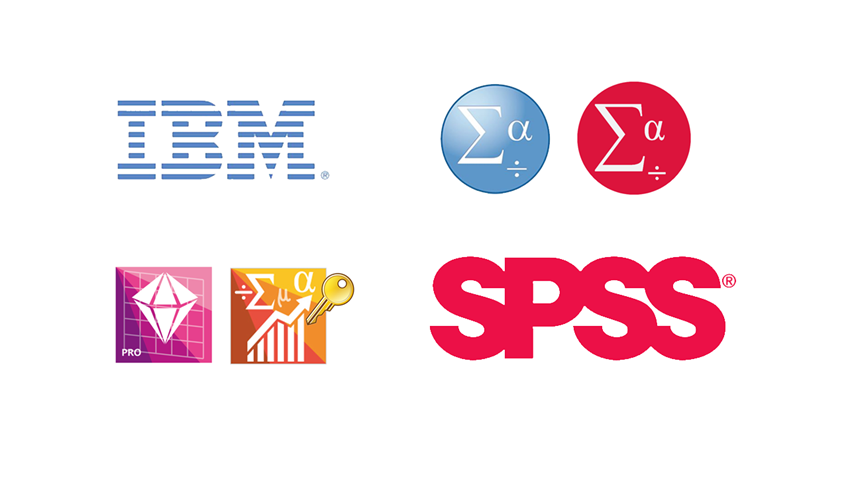1.0 INTRODUCTION
Project managers spend a lot of money when undertaking base, mid and end line surveys of their projects or programmes. The use of experiments in project evaluation enables project managers to save cost of undertaking mega evaluations. There is therefore need for project managers to opt for experimental methods when evaluating their projects. Demonstrative Research Consultancy is scheduling a training for personnel responsible for projects management and/or evaluation in order to impart practical skills to them to empower them to undertake experimental evaluations of mega projects.
2.0 TRAINING OBJECTIVES AND OUTCOMES
The main objective of this training is to convey practical skills to participants in undertaking quantitative and mixed methods projects experiments to human resources responsible for evaluative processes of projects. Participants will be empowered to undertake experiments in project evaluation with minimum challenges.
3.0 COURSE CONTENT
- Historical background on use of experiments in evaluative work.
- Rational behind experiments in project evaluations.
Variants for Quantitative &Mixed Methods Experiments
- Quasi experiment variants (One Group Pre-Post-test Design, One Short Case Study and Static Group Comparison).
- True experiment variants (Pre-test – Post-test Control Group Design, Post-test Only Control Group Design and Solomon Four Group Design).
- Knowledge of non-experimental designs (survey – baseline, mid and end line, correlations, ex post facto etc.).
- Mixed method experiments (embedded experiments and their variants).
- Steps of undertaking experiments in project evaluations.
- Data collection methods and instruments for experimental projects.
- Sampling procedures for experimental projects.
Data Analysis for Experiments (via SPSS)
- Measures of centre
- Measures of disparities
- Measures of correlation (parametric & non-parametric tests)
- Regression analysis (simple & multiple)
- Significance tests (parametric & non-parametric tests)
- Controversies of t-tests, NHST and the emergence of effect sizes in project evaluations.
4.0 DELIVERY METHODOLOGY
Delivery of this training will be highly interactive and will include practical examples of applicable scenarios. It will be a combination of online lectures and online discussions, with participants also carrying out break-away sessions of side sessions in virtual groups and then making some short presentations.
5.0 TARGET GROUP
The target group of this short course is not only limited to M&E professionals impact evaluators, evaluation researchers, project managers, social scientists, Masters & PhD students, university tutors of evaluation research, and research/M&E organizations, but includes any practitioners who find evaluations relevant to their work.
6.0 EXPECTED OUTCOMES
By the end of the training, participants will be able to,
- Understand the nature of quantitative and mixed methods experiments in project evaluation.
- Peruse through the steps of undertaking experiments in project evaluations.
- Analyze data for experiment projects.
- Undertake experiments for quantitative projects.
- Undertake experiments for mixed methods projects.
Do you want to be part of the training to be scheduled (date TBA), designed by Dr Silas Memory Madondo (Research and Evaluation Specialist at Demonstrative Research Consultancy)?
Please get in touch with us on EMAIL: tracy@demostrative.co.zw
OR Call us on +263 772 253 848, 263 7128217150
